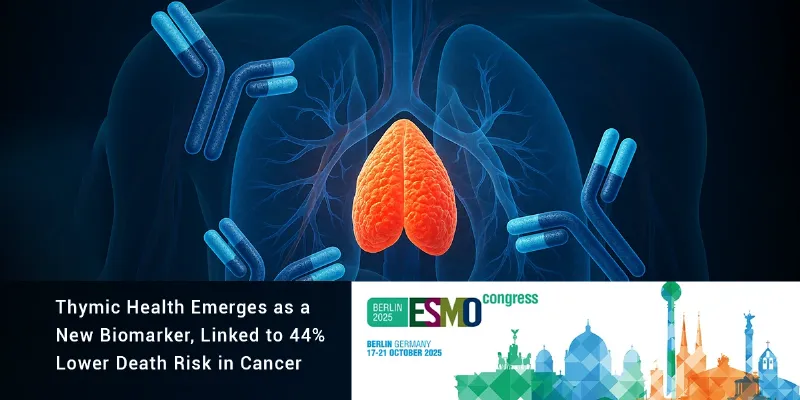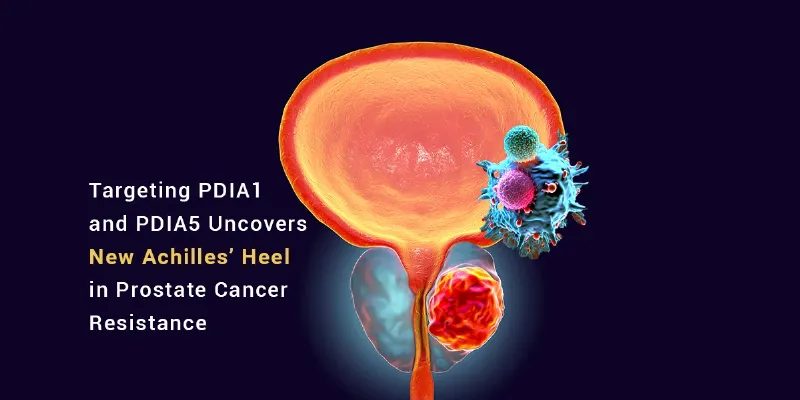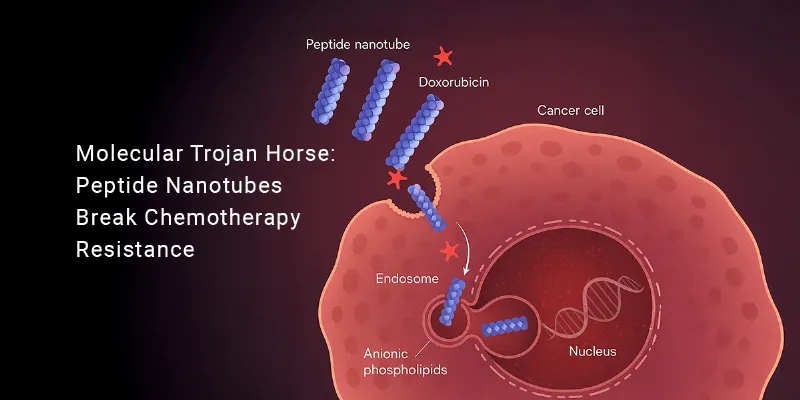Obesity-Related Cancer Deaths Triple in the U.S., Raising Alarming Concern

28 July 2025
Obesity-related cancer deaths in the United States have tripled, according to alarming new data presented at ENDO 2025, the Endocrine Society’s annual meeting. The 13 affected cancer types now account for 40% of all diagnoses. Women, older adults, and minority populations are disproportionately impacted. Experts are calling for urgent prevention strategies, improved access to screening, and obesity management as key tools in cancer prevention.
The analysis, led by Dr. Faizan Ahmed of Hackensack Meridian Jersey Shore University Medical Center, examined over 33,000 U.S. deaths linked to 13 obesity-associated cancers between 1999 and 2020. Mortality from these cancers rose from 3.73 to 13.52 per million during that period—an increase disproportionately affecting women, older adults, Black and Native American communities, and rural populations.
“Obesity is a significant risk factor for multiple cancers, contributing to significant mortality,” Dr. Ahmed said. “This research underscores the need for targeted public health strategies such as early screening and improved access to care, especially in high-risk rural and underserved areas.”
The 13 cancers most affected by obesity—which now account for 40% of all cancer diagnoses in the U.S.—include adenocarcinoma of the esophagus, postmenopausal breast cancer, colorectal, uterine, gallbladder, gastric, renal, liver, ovarian, pancreatic, thyroid, meningioma, and multiple myeloma.
A Disproportionate Burden
Regional differences were stark: the Midwest recorded the highest age-adjusted death rates from obesity-related cancers, while the Northeast had the lowest. At the state level, Vermont, Minnesota, and Oklahoma had the highest rates, whereas Utah, Alabama, and Virginia had the lowest.
The CDC estimates that 40.3% of U.S. adults are obese. Obesity’s biological influence on cancer is complex. Excess visceral fat fosters a pro-inflammatory environment and disrupts hormone regulation—particularly insulin and estrogen—creating conditions that can promote tumorigenesis.
Obesity also increases risk for numerous comorbidities, including type 2 diabetes, hypertension, dyslipidemia, and chronic kidney disease, which may compound cancer outcomes and delay timely interventions.
Prevention Must Be a Policy Priority
Dr. Ahmed urged a nationwide commitment to prevention-oriented strategies, including universal access to cancer screening, expanded obesity education, normalization of weight management as a cancer prevention tool, and investment in primary care and community-based initiatives tailored to high-risk groups.











Comments
No Comments Yet!